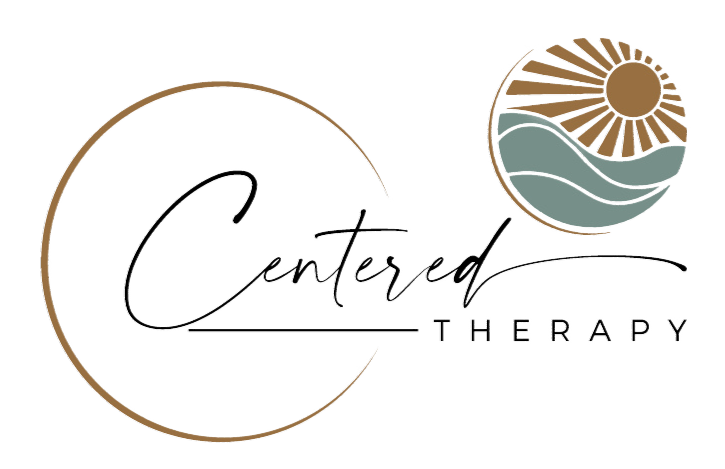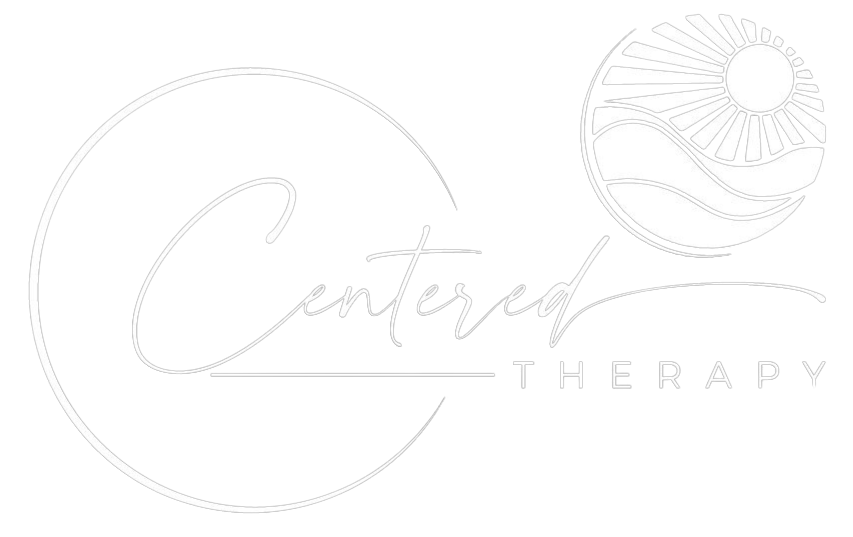Developmental Disorders Treatments
Developmental disorders, impacting children in early life, hinder personal, social, and academic aspects. Challenges encompass learning, communication, mobility, and behavior, each disorder presenting unique delays in developmental milestones. Varied issues arise—specific learning difficulties, broader social skill impairments, or multiple disorders, often intertwined with mental health concerns.
Treatment options for Developmental (also called neurodevelopmental) Disorders encompass a range of strategies tailored to specific conditions. Intellectual Disabilities often benefit from early interventions, educational support, and personalized learning plans like Individualized Education Plans (IEPs) and 504 Plans. Autism Spectrum Disorder (ASD) interventions involve ABA therapy, social skills training, and educational accommodations. Attention-Deficit/Hyperactivity Disorder (ADHD) is managed with behavioral interventions, educational support, and sometimes ADHD medication. A comprehensive, interdisciplinary approach ensures that children with developmental disorders receive tailored treatments to promote their well-being and developmental progress.
Developmental Disorders Testing, Evaluation and Diagnosis
The diagnostic process for developmental disorders involves a comprehensive set of assessments that are often integrated into psychological and neuropsychological testing and evaluations. These assessments enable these professionals to gain a holistic understanding of an individual’s strengths and challenges, leading to accurate diagnoses and informing targeted interventions to support optimal development and well-being.
The Centered Therapy Counseling team of mental health care professionals offer testing and evaluations of the following developmental disorders:
- Intellectual Disabilities including Down syndrome, characterized by developmental delays and cognitive impairments; and Fragile X syndrome, a genetic condition affecting learning and behavior. The diagnosis of intellectual developmental disorders typically involves a combination of neuropsychological evaluation, psychological testing, medical assessment, and psychiatric evaluation.
- Common communication developmental disorders including specific language impairment (SLI), characterized by difficulties in language development; speech sound disorder, affecting pronunciation; and social communication disorder, impacting social interactions. Diagnosing communication disorders often involves a combination of assessments, and the specific tests administered can vary based on the suspected disorder. Speech-language pathologists (SLPs), clinical psychologists, and neuropsychologists are typically qualified professionals who conduct these assessments. Psychological & neuropsychological tests may be needed to explore cognitive and emotional factors that could impact communication.
- Autism Spectrum Disorder (ASD) testing is conducted by licensed professionals, including clinical psychologists, developmental pediatricians, or child psychiatrists. General tests involved in autism assessments may include the Autism Diagnostic Observation Schedule (ADOS) and the Autism Diagnostic Interview-Revised (ADI-R). These evaluations aim to assess social communication skills, behavior patterns, and developmental history to provide a comprehensive understanding for an accurate autism diagnosis.
- Attention-Deficit/Hyperactivity Disorder (ADHD) testing is conducted by Centered Therapy Counseling providers, such as clinical psychologists, psychiatrists, or neurologists. General tests utilized in ADHD assessments may involve behavioral rating scales, like the ADHD Rating Scale, and continuous performance tests, such as the Conners Continuous Performance Test. These evaluations help assess attention, hyperactivity, and impulsivity to determine the presence and severity of ADHD.
- Learning Disorders diagnosis involves a comprehensive process, typically initiated by educators or parents expressing concerns. A multidisciplinary team, including psychologists, educators, and specialists, conducts assessments. Standardized tests assess cognitive abilities, academic achievement, and specific learning skills. Common types of learning disorders include dyslexia, characterized by difficulties in reading and spelling; dyscalculia, impacting mathematical abilities; and specific language impairment (SLI), affecting language development.
Treatments for Learning Developmental Disorders
Treatment options for learning developmental disorders vary based on the specific disorder and individual needs.
Common interventions include:
- Individualized Education Program (IEP) and 504 Plans: Tailored educational plans addressing specific learning needs to accommodate and support students in mainstream classrooms. The eligibility process for a 504 Plan and IEP involves evaluations by qualified professionals, and the child’s specific needs and required accommodations are determined based on the evaluation results.
- Applied Behavior Analysis (ABA): Behavior modification to improve skills and reduce challenging behaviors.
- Social Skills Training: Focused on improving interpersonal interactions.
- Targeted interventions: Addressing communication and language challenges.
- Reading Programs: Targeting phonological processing for individuals with dyslexia
- Medication Management with Stimulant Medications (e.g., Ritalin, Adderall) and Non-Stimulant Medications.
- Individual or Family Counseling and Therapy: Addressing emotional and behavioral aspects of learning disorders.
Treatments for Autism Spectrum Disorders
Treatment for Autism Spectrum Disorder (ASD) is typically tailored to the individual’s specific needs and may involve a combination of behavioral, educational, and therapeutic interventions.
Common treatment options include:
- Applied Behavior Analysis (ABA): Focused on reinforcing positive behaviors and reducing challenging ones, promoting social and communication skills.
- Teaching and practicing social interactions and communication skills through therapy and counseling to enhance relationships.
- Targeted interventions to improve communication, speech, and language skills.
- Addressing sensory processing issues, motor skills, and activities of daily living.
- Accommodation with Individualized Education Program (IEP): Tailored educational plans to meet specific learning needs in school settings.
- Implementing routines, visual aids, and structured environments to enhance predictability and reduce anxiety.
- For individuals with Autism Spectrum Disorders, medications may be prescribed to manage associated symptoms like aggression, anxiety, or repetitive behaviors. Antipsychotic medications, selective serotonin reuptake inhibitors (SSRIs), or mood stabilizers may be utilized based on the specific needs of the individual.
Treatments for Communications Developmental Disorders
Treatment options for communication developmental disorders, including language developmental disorders like stuttering, vary based on the specific challenges an individual faces. Some common treatment approaches include:
- Targeted interventions by speech-language pathologists address language delays, articulation issues, and difficulties in speech sound production.
- Augmentative and Alternative Communication (AAC) systems, such as picture boards or electronic devices, assist individuals with limited verbal communication skills.
- Visual aids, schedules, and other tools help individuals with language disorders understand and navigate daily routines.
- Occupational therapists address sensory and motor aspects related to communication, supporting overall communication skills.
- Psychological support thought psychotherapy may be beneficial for children and adolescents dealing with the emotional impact of communication disorders.
- Individualized Education Programs (IEP) or 504 Plans provide accommodations and support to meet the unique needs of students with communication disorders.
At Centered Therapy Counseling Health, we offer a range of mental health services to help you manage developmental disorders, including medication management and psychotherapy. Our psychiatrists who specialize in personality disorders offer in-person and remote appointments.


